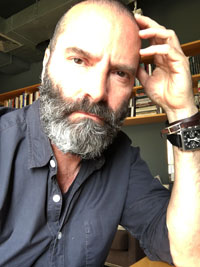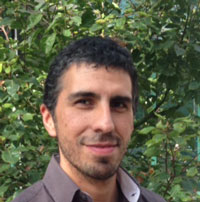Update from the IARPP Collective.
We started this group for those of us interested in the psychosocial, the intersection between the psychological and the social. More specifically, how social, economic and political realities affect us psychologically. This also involves the question of how social-political theory and psychoanalysis might be combined to better understand this important and under explored field.
We’ve been debating what it is that we are talking about, and how to do it, as usual. This is part of our task. A recent round started with another exchange about the debated location of our next conference, then progressed to whether this question, or any such question, remains a good one for us to discuss, or a symptom, as it were, of the state of this mysterious collective, suggesting that our main work is the work of understanding ourselves as a group.
It appears that underlying our discussion is the question that inspired the creation of this collective: Is there a psychology/psychoanalysis that is neutral of social-political context, of history and ideology, or are we inherently embedded and expressing a complex set of such forces and realities? Which means that social, political and ideological questions are not a symptom, but of the essence of our thinking and work.
And to focus on any given group phenomena, including this one: Isn’t any group by necessity political, isn’t the way the group sees and defines itself, how it decides its identity and norms the very definition of politics? Which means there is no group theory that is not at the same time a political theory.
Or can we draw a distinction between the theoretical and political in our field, that makes sense?
Eyal Rozmarin (USA) and Victor Donas (Chile), Co-Chairs
 Eyal Rozmarin, PhD (USA)
Eyal Rozmarin, PhD (USA)
Email Eyal Rozmarin
 Victor Doñas, MD (Chile)
Victor Doñas, MD (Chile)
Email Victor Donas

